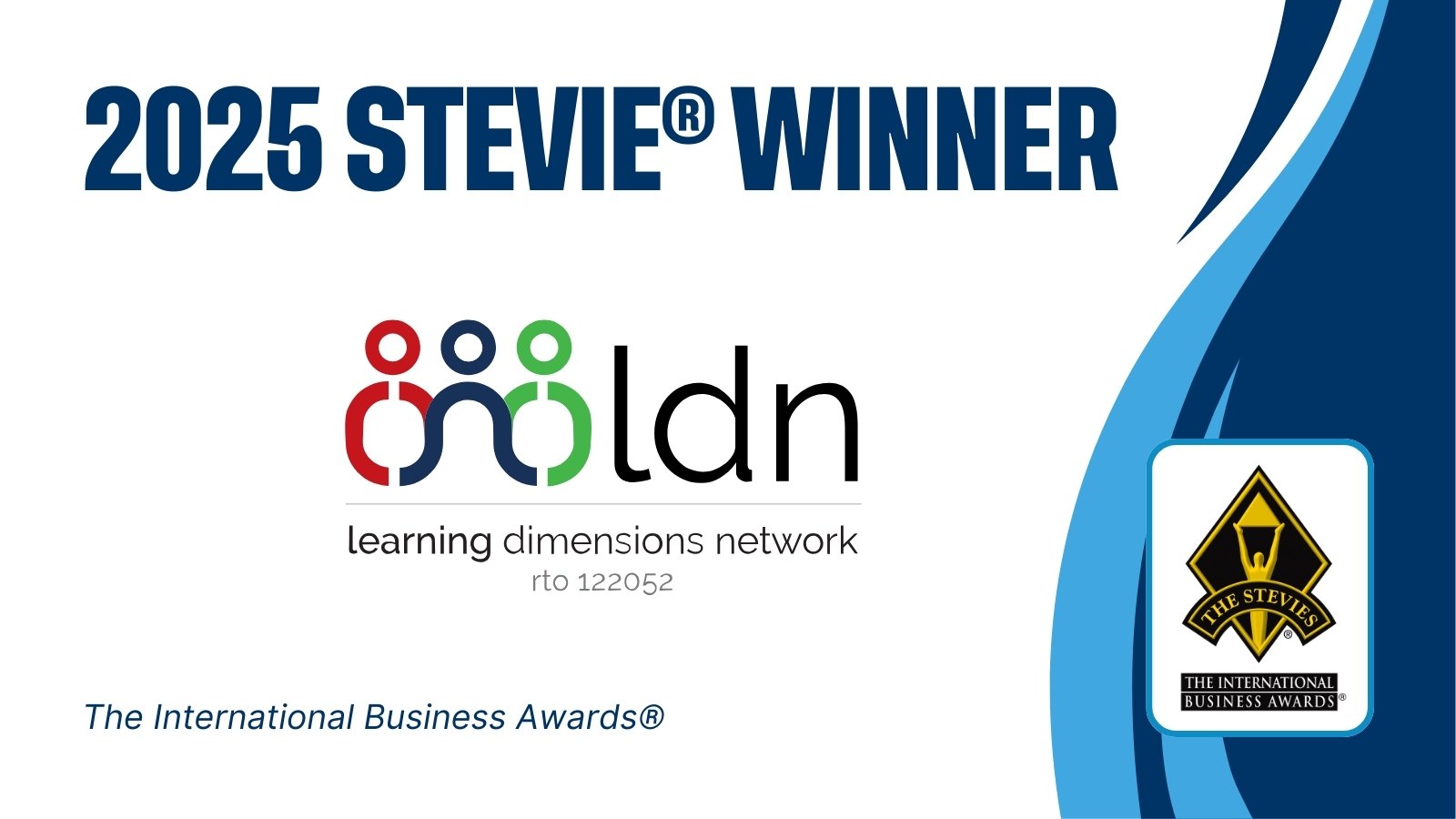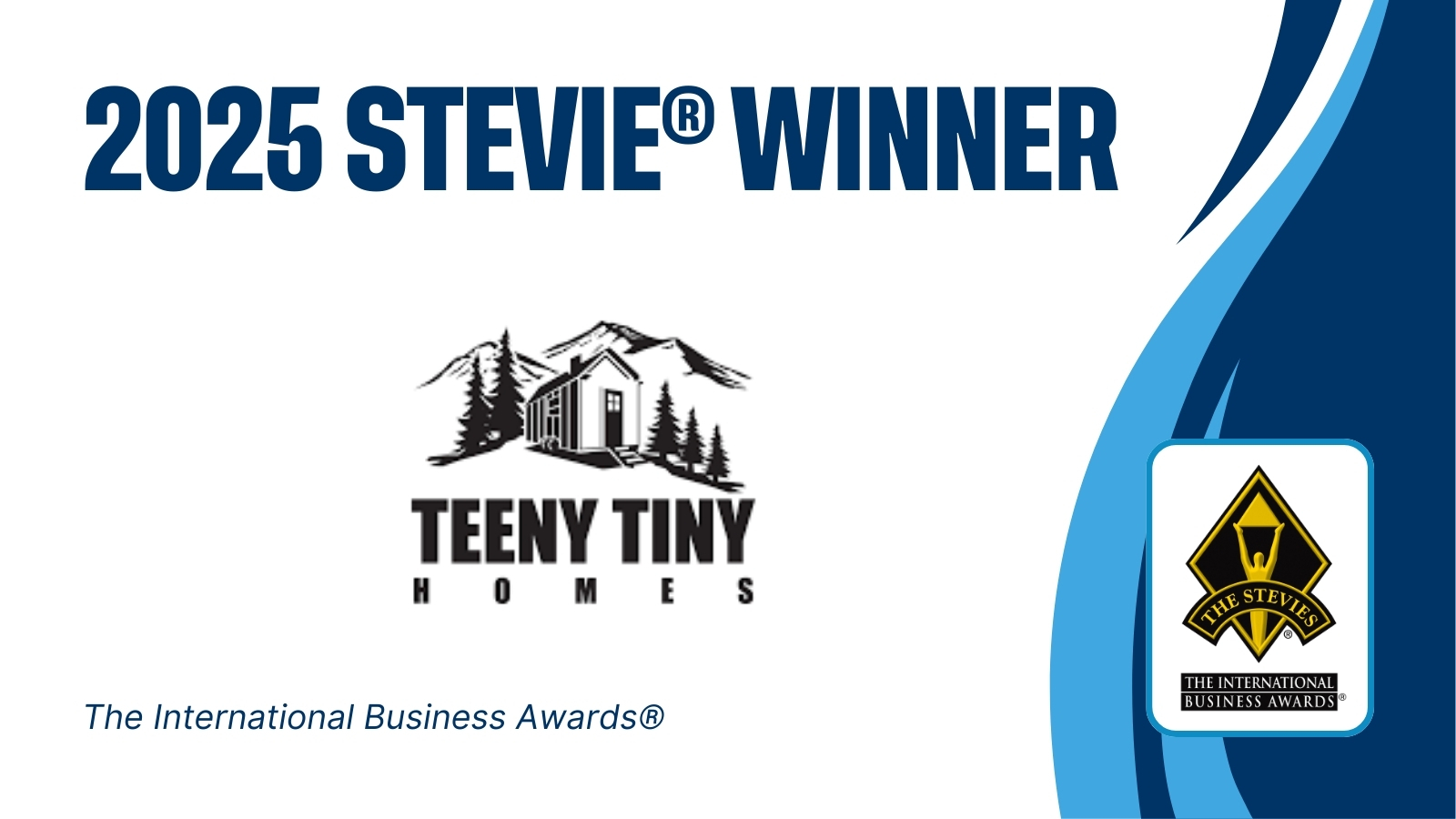SAP’s strategy is to help every business run as an intelligent enterprise. As a market leader in enterprise application software, they help companies of all sizes and in all industries run at their best: 77% of the world’s transaction revenue touches an SAP® system.
SAP’s machine learning, Internet of Things (IoT), and advanced analytics technologies help turn customers’ businesses into intelligent enterprises. SAP helps give people and organizations deep business insight and fosters collaboration that helps them stay ahead of their competition. They simplify technology for companies so they can consume our software the way they want – without disruption. Their end-to-end suite of applications and services enables business and public customers across 25 industries globally to operate profitably, adapt continuously, and make a difference. With a global network of customers, partners, employees, and thought leaders, SAP helps the world run better and improve people’s lives. For more information, visit www.sap.com.
SAP Information Collaboration Hub for Life Sciences, a Gold Stevie-winning product, is a productive business network in the pharmaceutical industry that facilitates the messaging of traceability and serial number data across the pharmaceutical supply chain. It empowers the customer to connect ONCE and share data with all across the connected network.
The most recent addition to SAP Information Collaboration Hub for Life Sciences covers regulatory collaboration between participants of the supply chain of prescription medicine.
The option for regulatory collaboration provides onboarding, integration, and messaging capabilities to support various legislations, including the need to onboard a high number of business partners to exchange fully standardized messages in a regulatory context. The service provides:
- Invitation Management from customers to business partners
- Self-onboarding of invited business partners
- Transmission of standardized notifications in legislation-specific formats using the generic reporting framework between SAP Information Collaboration Hub for Life Sciences and SAP Advanced Track and Trace for Pharmaceuticals
- Receiving standardized regulatory notifications from Business Partners
The first use case for this option for regulatory collaboration is the Brazilian market. This is planned as a basis for the U.S. market to support the requirements of the DSCSA 2023.
Today the seven largest pharmaceutical companies globally, 13 out of the top 20 pharmaceutical companies, and two of the three largest U.S. pharmaceutical wholesalers are using SAP Information Collaboration Hub for Life Sciences to connect to their ecosystem to verify saleable returns.
RSM: SAP Rural Sourcing Management
This technology has been built on years of experience supporting farmers in rural Africa. SAP uses existing products, namely SAP Rural Sourcing Management, a Silver Stevie Award-winning cloud-based solution connecting farmers with the agricultural value chain, and the SAP Ariba Network, the world’s largest business-to-business network, which has been adapted to the problem of the plastic value chain.
Due to rapid population growth and growing industrialization, many regions in Africa and South-East Asia suffer from an insufficient solid waste management system. This is underscored by irregular collection, inadequate operational funding, and a reliance on the informal sector who typically manages over 40% of waste collection by volume. Often the informal collectors of waste are exploited or have poor working conditions. Sometimes waste is dumped in landfills or rivers and oceans and very little is recycled. Approximately 13 million metric tons of plastic waste enter the ocean annually, the equivalent of one garbage truckload every minute. However, CPG companies want to buy more recycled plastic to meet their commitments to recycled content, but cannot get enough feedstock.
SAP’s product offers the technology to support waste collector communities and the local recycling companies to connect this eco-system to a global marketplace for recycled plastics and other materials. They connect all of the actors in the plastic waste value chain to potential buyers. This helps to ensure that pickers are paid better, have access to safety equipment and training, and are not exploited. By tracking the material flows they can predict volumes for recycling, encouraging more investment in recycling, and by connecting to eager buyers, they are reducing the amount that goes to landfills.
The technology has been built on years of experience supporting farmers in rural Africa to grow more crops. SAP uses existing products, namely SAP Rural Sourcing Management and the SAP Ariba Network - the world’s largest business-to-business network, which has been adapted to the problem of the plastics value chain.
They monitor all attributes of the plastics collected at all points in the value chain, from collectors, to reprocessing, as well as other important metrics to support the communities, such as participation rate, recycling rates, gender/diversity, well-being, welfare, training participation, and volume and prices of different materials.
This system benefits the ecosystem overall, waste collectors, recyclers, local cities, and more.
SAP SE won the Gold Stevie Award for Best New Product or Service - Business-to-Business Products for SAP Information Collaboration Hub for Life Science and the Silver Stevie for SAP Plastic Collector Solution using SAP Rural Sourcing Management in The 2021 International Business Awards.
Interested in entering The 2022 International Business Awards?













